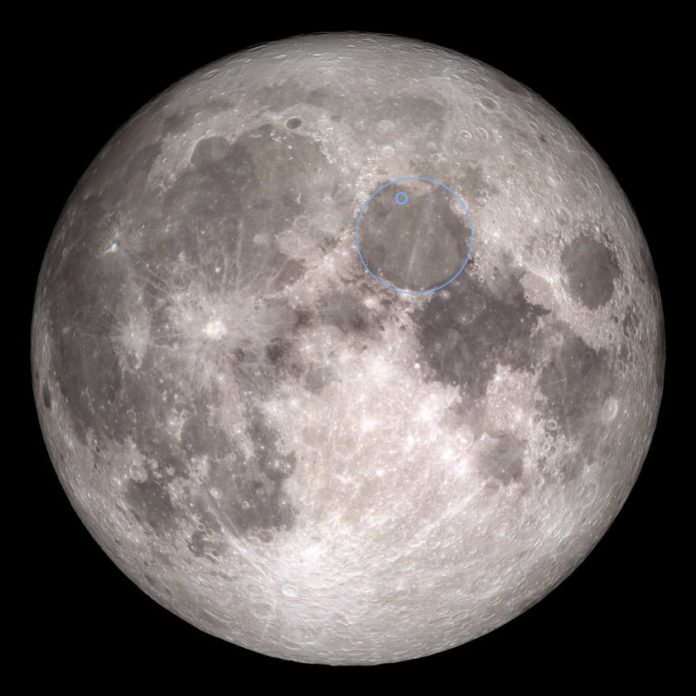By: Nick Gambino
Exactly 50 years ago, Apollo 11 launched into space with Neil Armstrong, Buzz Aldrin and Michael Collins with the intent of placing man on the Moon. The mission was a success with Armstrong declaring “one small step for [a] man, one giant leap for mankind” as he took his first step on the lunar surface.
Since then, a number of missions and astronauts have made their way to the Moon and back, but interest quickly waned, and nobody has walked her surfaces since 1972. While the goal in the 1960s was to win the Space Race and “make America first,” times and priorities have changed (for some).
But now there’s exciting and historical news on the lunar front. An Israeli lunar lander, currently in the Moon’s orbit is scheduled to land on its surface next week (April 11). An unmanned spacecraft touching down on the lunar surface might not sound that historical until you consider the fact that it’s a privately-owned spacecraft.
These last few years have been big for space exploration in the private sector and there’s no shortage of companies creating their own modern Space Race. Virgin Galactic, SpaceX and others have made giant strides toward public space travel.
SpaceIL, the company behind the Israeli lunar lander (Beresheet), aims to show that spacecraft can be successfully deployed into space and perform missions on a much smaller budget, effectively bringing the price tag on space travel way down. The project only had a budget of $90 million, which is a fraction of any previous lunar landings.
Beresheet made their way into space in February piggybacking on a SpaceX Falcon 9 rocket, which allowed it to catch Earth’s wide orbit. From there it made its way to the Moon’s orbit, where it has been slowly but surely inching its way closer and closer to a landing.
“Until today, three superpowers have soft landed on the Moon,” co-founder of SpaceIL, Yonatan Winetraub said. “We thought it’s about time for a change. We want to get little Israel all the way to the Moon. This is the purpose of Space IL.”
I don’t know about you, but I’m going to be waiting on the edge of my seat for what’s hopefully a historical moment. I live for this stuff.







